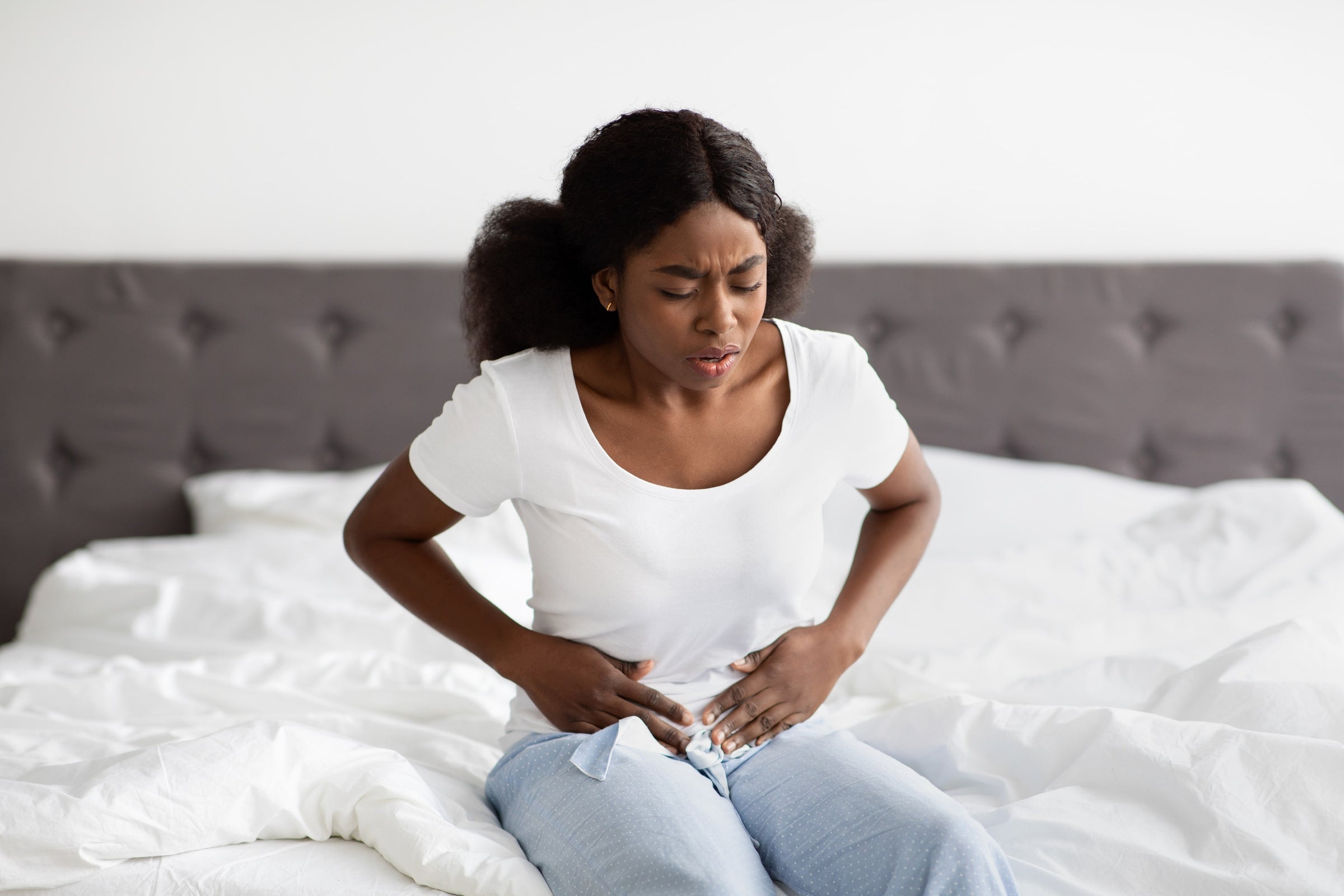
Secondary lactose intolerance, also known as acquired lactose intolerance, is very common in adults. This develops due to damage to the small intestine, which results in a temporary decrease in lactase production. This damage can be caused by various factors, including infections and Illnesses.
Injuries, or even certain medications, are also causative factors. Unlike primary lactose intolerance, which is a genetic condition, this condition is often reversible if the underlying cause is addressed and the gut heals.
See Causes of Secondary Lactose Intolerance:
Infections:
Viral or bacterial infections, such as rotavirus or gastroenteritis, can damage the small intestine lining and disrupt lactase production.
Underlying Conditions:
Conditions like celiac disease, Crohn’s disease, and ulcerative colitis can also damage the intestinal lining and lead to secondary lactose intolerance.
ALSO READ: Sleeping Saudi Prince: This Is What Happens To A Person In Coma
Injury or Surgery:
Trauma or surgery involving the small intestine can temporarily disrupt lactase production.
Symptoms:
Symptoms of secondary lactose intolerance are similar to those of primary intolerance and may include:
Abdominal bloating and cramping

Increased gas and flatulence
Diarrhoea or loose, green stools
Nausea and vomiting
Management:
- Addressing the Underlying Cause:
Treating the underlying condition or illness that caused the intestinal damage is crucial to allow the gut to heal and lactase production to return to normal.
- Dietary Adjustments:
Avoiding or limiting dairy products during the period of intolerance can help manage symptoms.
- Lactase Supplements:
In some cases, taking lactase enzyme supplements with meals may help with digestion.
- Monitoring:
Regular monitoring of symptoms and consultation with a healthcare professional can help ensure proper management and recovery.
- Medications:
Certain medications, including antibiotics and chemotherapy drugs, can have adverse effects on the gut lining and cause temporary lactase deficiency.
For medical advice or diagnosis, consult a professional and do not self-medicate.
